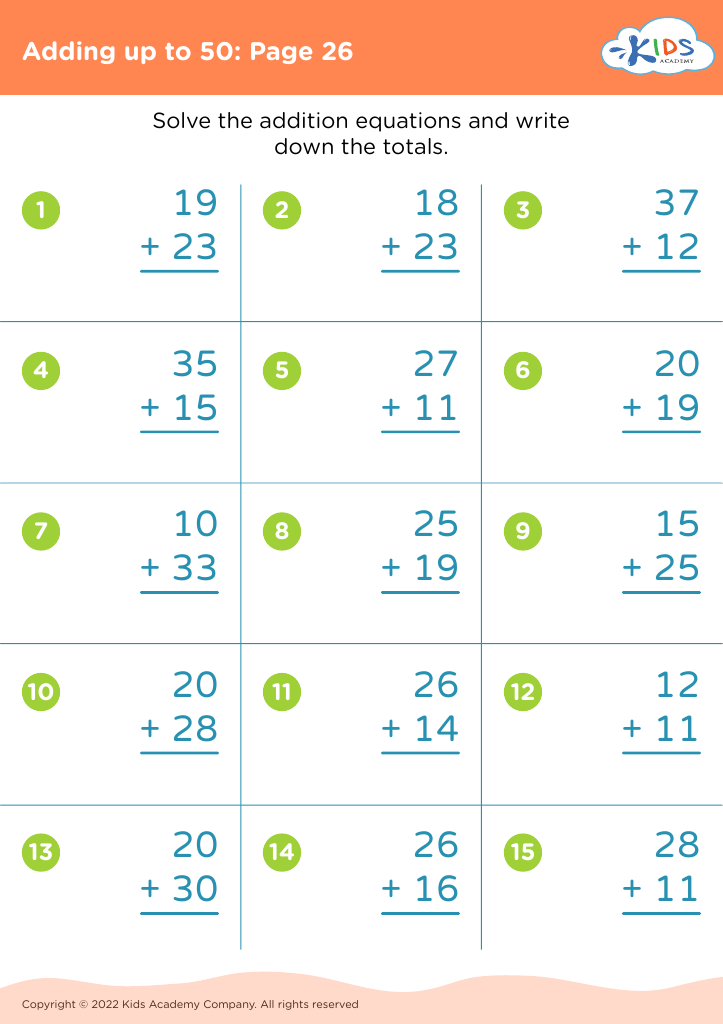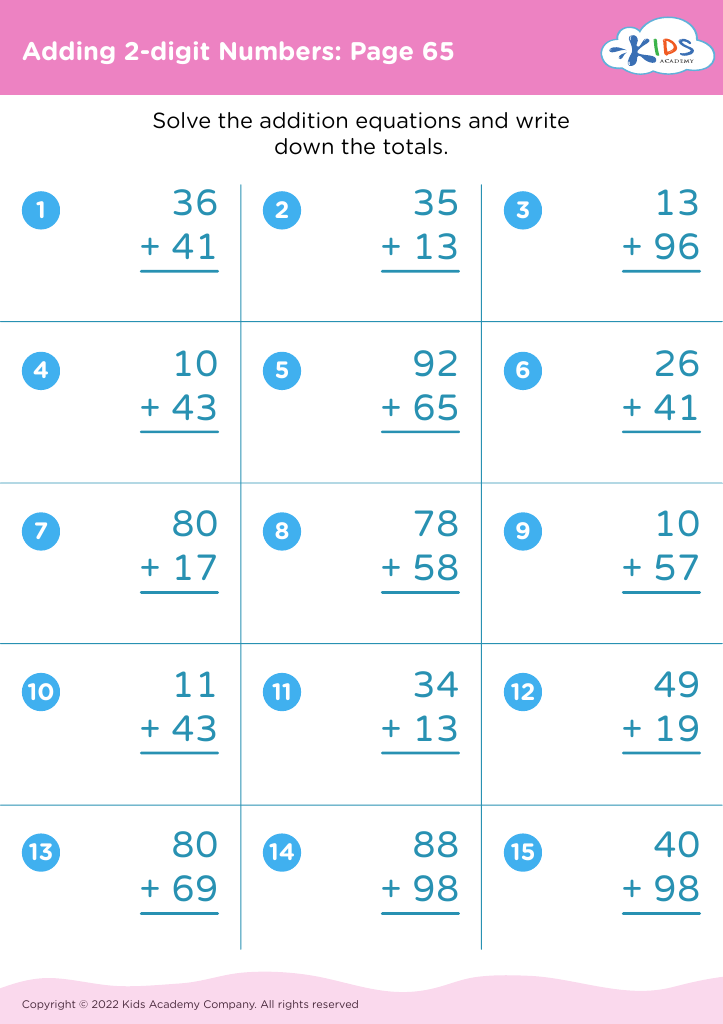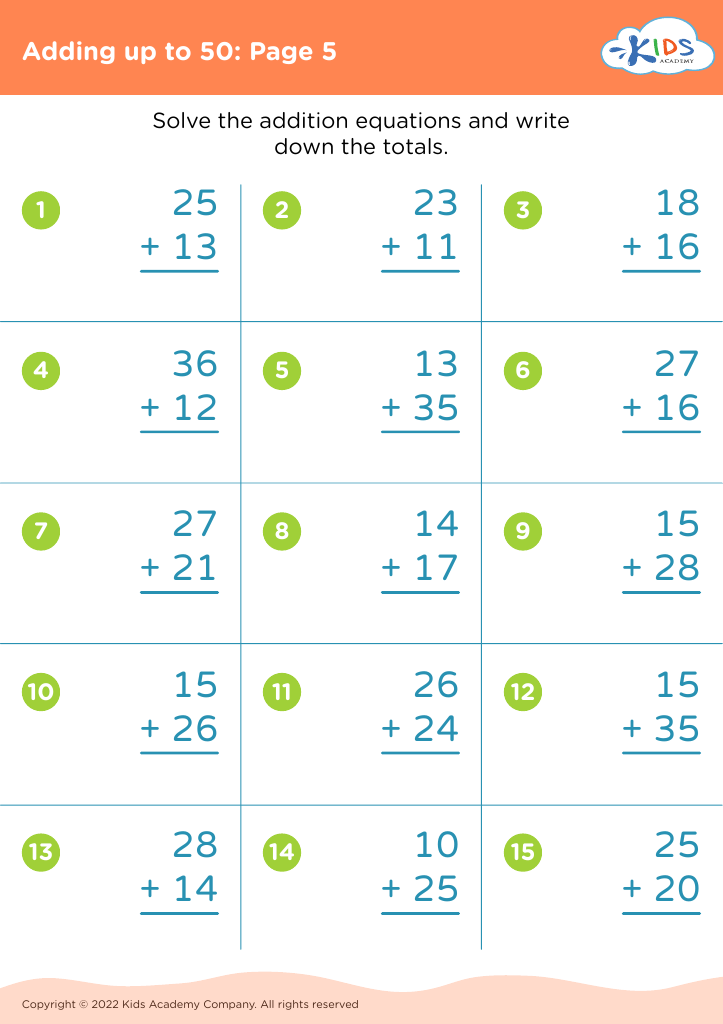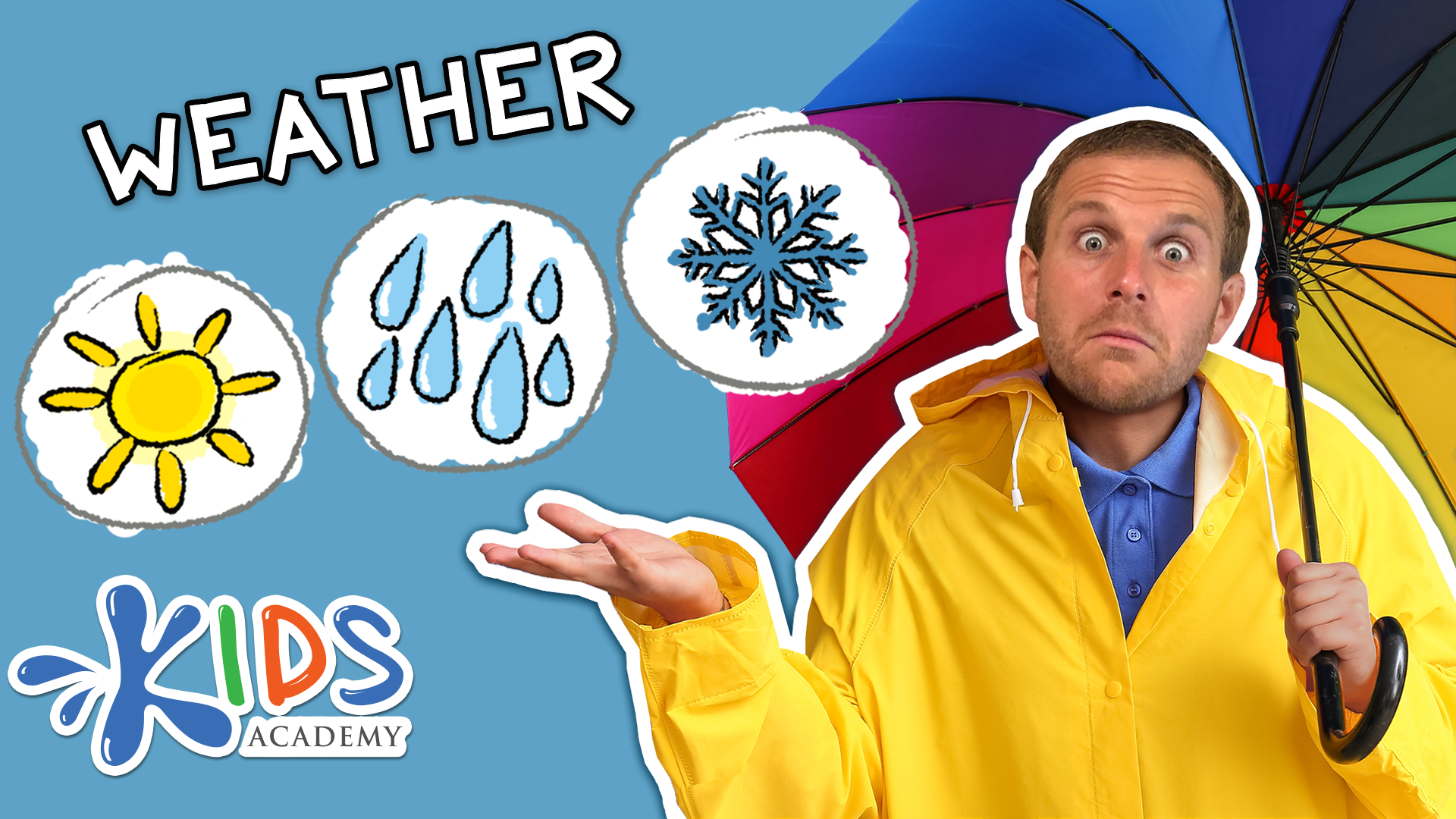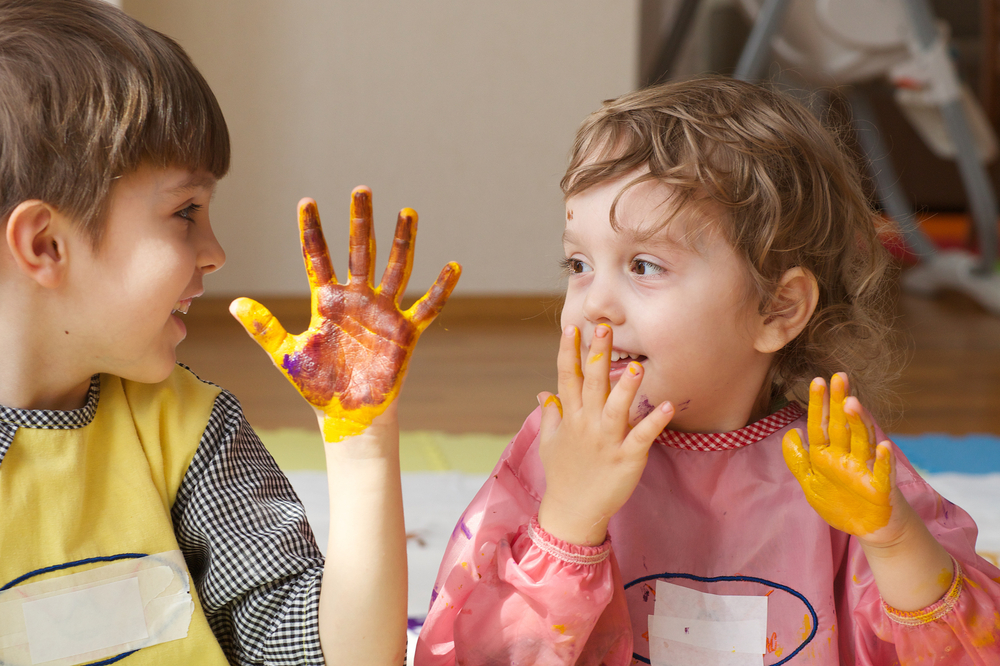Understanding adjectives Worksheets for Ages 8-9
11 filtered results
-
From - To
Our "Understanding Adjectives Worksheets for Ages 8-9" are designed to enrich your child's vocabulary and comprehension skills. These engaging worksheets help young learners identify, compare, and use adjectives effectively. Through a variety of fun and interactive exercises, kids can practice adding descriptive words to sentences, enhancing their writing and creative expression. Our worksheets cater to various learning styles, making it easier for children to grasp the concept of adjectives. Encourage your child to dive into the world of adjectives and watch their language skills flourish with our carefully crafted resources. Perfect for home or classroom use.
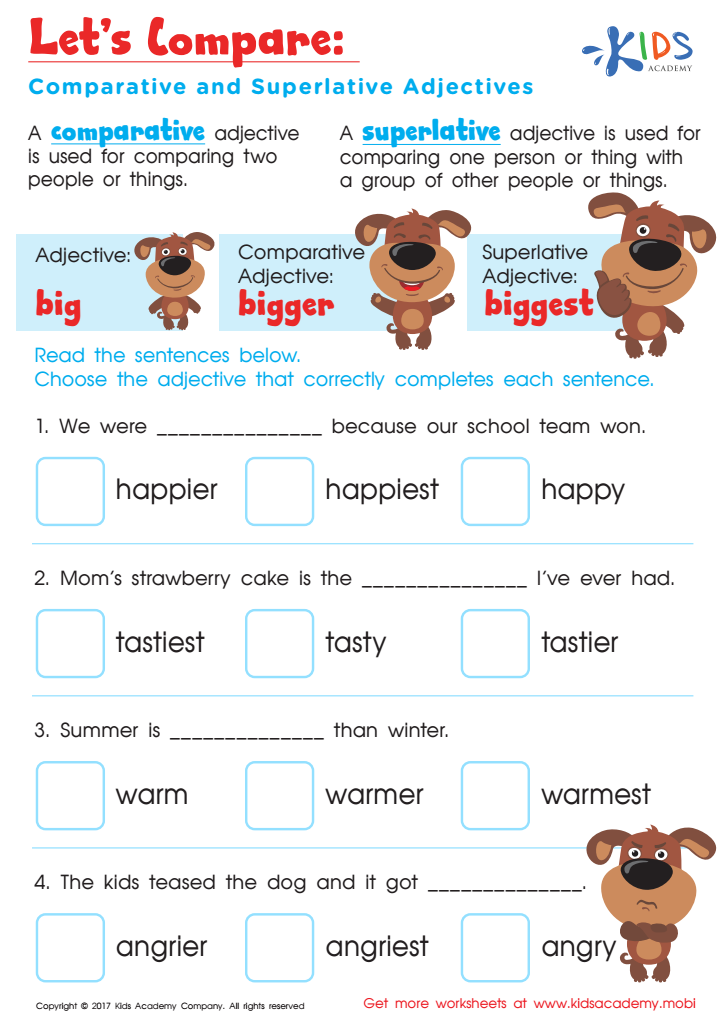

Comparative and Superlative Worksheet
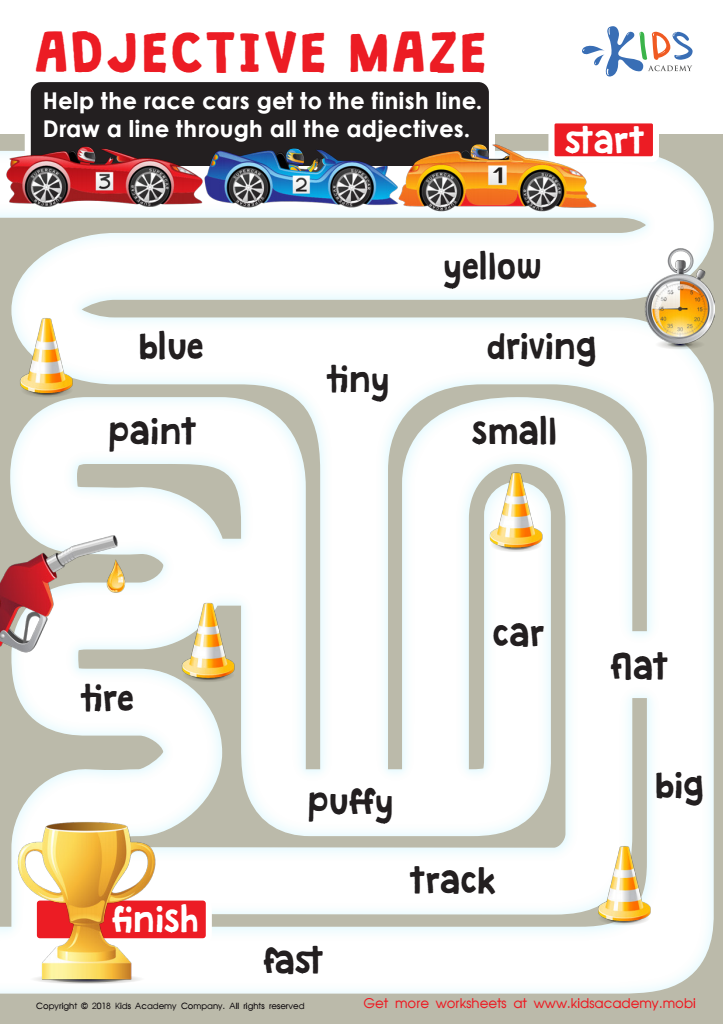

Adjective Maze Worksheet
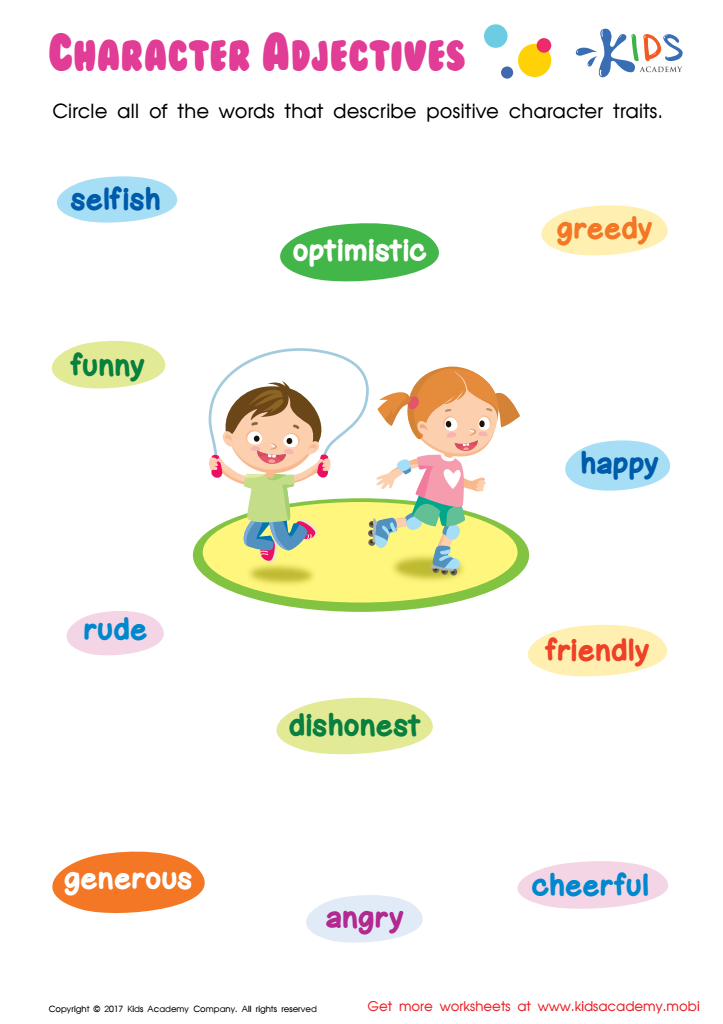

Character Adjectives Worksheet


Adjectives Worksheet
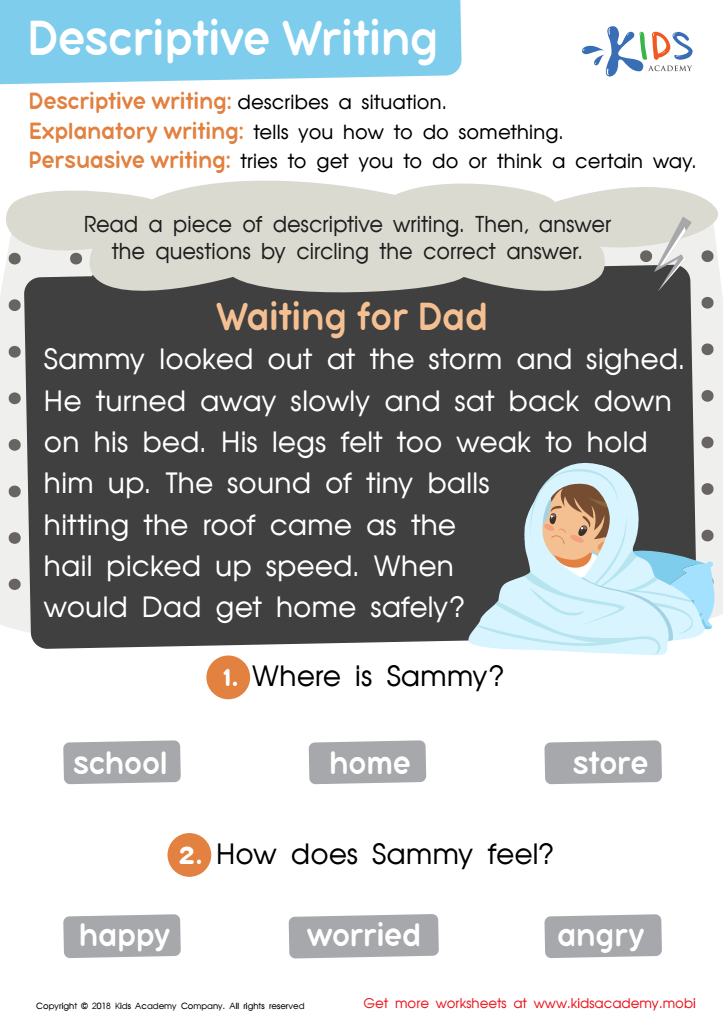

Descriptive Writing Worksheet: Part 2
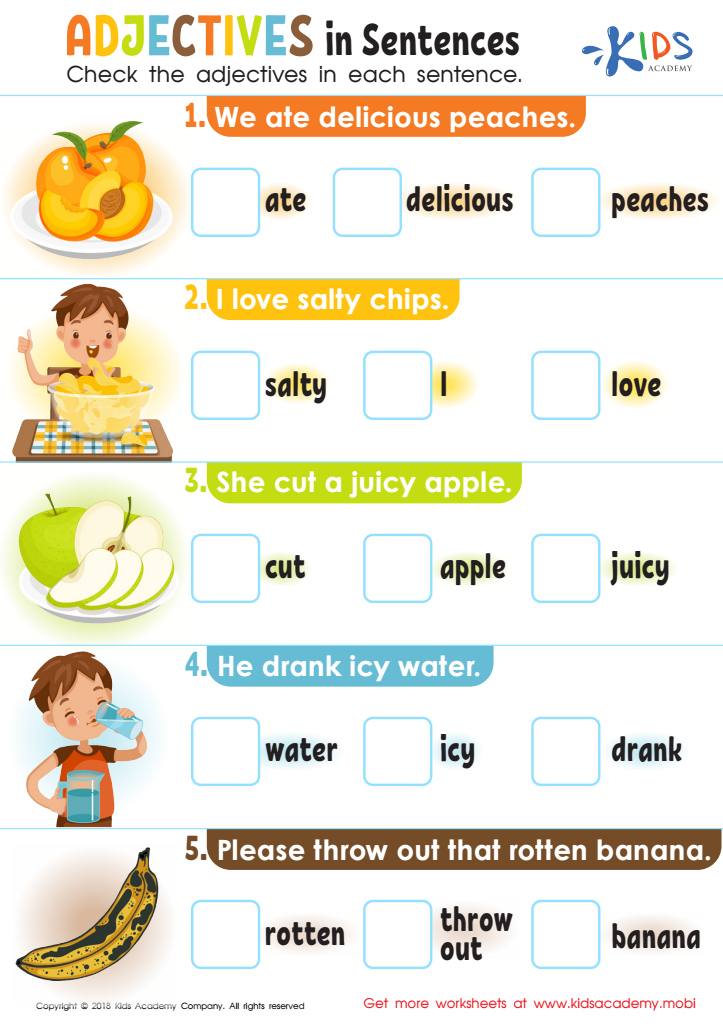

Adjectives in Sentences Worksheet
Understanding adjectives is crucial for children aged 8-9 as it significantly enhances their language development and communication skills. At this age, children are expanding their vocabulary, and adjectives play a central role in describing the world around them more precisely. When parents and teachers focus on teaching adjectives, they help children become more expressive and detailed in both their writing and speaking. For instance, rather than just understanding a "dog," a child can comprehend a "big, fluffy, brown dog," offering a clearer picture and promoting creative expression.
Moreover, a solid grasp of adjectives aids in reading comprehension. As children encounter descriptive language in books, understanding adjectives allows them to visualize scenes and characters better, making reading a more engaging and immersive experience. This boosts their overall enjoyment of reading and learning.
Additionally, a well-developed vocabulary enables children to perform better academically across all subjects. In science, for example, children might describe observations more accurately, improving their analytical skills. Socially, the ability to use descriptive words can enhance their interactions with peers and adults, leading to better communication and relationship-building skills.
In conclusion, understanding adjectives at this critical developmental stage is essential as it supports literacy, academic success, emotional expression, and effective communication for young learners.

 Assign to the classroom
Assign to the classroom

